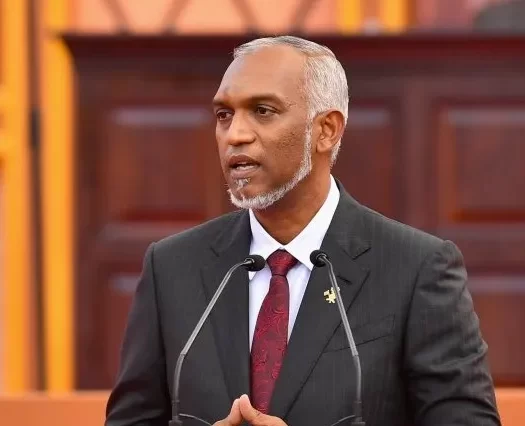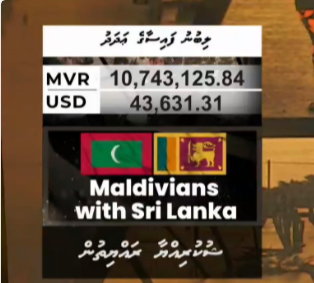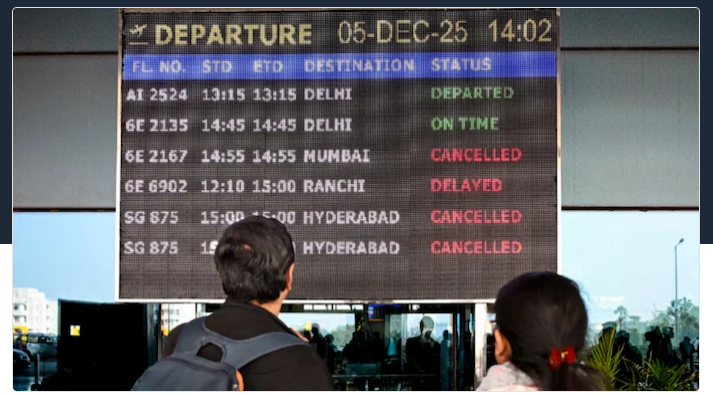President Muizzu’s administration, swept into power by an unprecedented majority, is beginning to resemble a toddler stumbling through its first steps. The government, elected with high hopes, is now grappling with a serious affliction: a lack of communication that, rather than fostering trust, risks alienating its own supporters. It’s as if the administration is trying to figure out how to speak and walk at the same time, but instead of learning gracefully, it keeps stepping on its own toes.
The latest missteps bring this problem into sharp relief. Take the economy, for instance. For months, the opposition has been pounding away at the government’s policies, leaving the administration on the defensive, spinning excuses rather than delivering clarity. The Muizzu government has, to its credit, initiated several commendable programs and policies aimed at addressing critical issues. However, the administration’s approach to communicating these efforts has been lackluster. Rather than fostering open dialogue with the media or the public, the government often relies on press releases to announce initiatives, followed by a conspicuous absence of further engagement. This one-sided communication strategy leaves key questions unanswered and deprives the public of deeper insights into the rationale behind policies. Despite holding all the necessary data to make a case for its decisions, the Muizzu government has played a blame game, leaving the public in the dark. It wasn’t until yesterday in Colombo that Finance and Foreign Ministers finally offered insights into the country’s economic stance, declaring that the Maldives would steer clear of IMF engagement. And even then, it wasn’t through local channels. It was an announcement made to the international media—a gesture that felt more like an allergic reaction to local press than a strategic communication move.
This avoidance of local engagement signals a deeper issue. Ministers appear reluctant to speak to the media or are perhaps instructed not to engage. As a result, there is little clarity on key issues, no headline-making quotes, and no meaningful interaction with the press to clarify important matters. Instead of directly addressing the concerns of Maldivians, the administration has been more concerned with crafting its image abroad.
Their attempts at communication have morphed into absurd Hollywood-style posters, casting President Muizzu in a Clint Eastwood-like role—stoic, untouchable, and scripted. Posters circulating on social media, depicting the president as if he were a desert-hardened gunslinger, might make for good entertainment, but they miss the mark on what the Maldivian public actually needs: transparency, clarity, and trust. Clint Eastwood might have been able to pull off a lone ranger act in his films, but running a country requires more than posing as a hero.
These communication woes don’t just stop at graphic posters. Inside the President’s Office, there’s an atmosphere of unease. Political appointees have complained about the unceremonious and often demeaning lectures they’ve been subjected to during their Thursday meeting at the President’s Office. A space once known for its professionalism—particularly during Gayoom’s tenure—has now taken on an air of discomfort, with whispers of frustration at the top-down communication style. During the Nasheed-MDP era, there was certainly arrogance, and the administration lacked effective communication, which ultimately caused it to falter under public pressure.
More worrying is the growing antagonism toward the media. The government’s spokesperson recently threatened action against the press, a move that was as unnecessary as it was damaging. It begs the question: Is this really the hill the administration wants to die on? A government in its infancy should be cultivating relationships with the media, not alienating them. Yet here we are, witnessing what feels like a knee-jerk reaction to criticism—a spokesperson behaving like a child threatening to “tell daddy” when things don’t go her way.
It’s worth considering the broader cultural context here. Many of us, conditioned by years of education, have learned to answer questions quickly—often defensively—without considering the nuances of the conversation. This reflexive, “teacher asks, student answers” pattern might work in a classroom, but in governance, it’s deadly. The Muizzu administration seems to be stuck in this cycle of reactionary responses. Instead of engaging in thoughtful, persuasive dialogue, they are constantly on the defensive, quick to offer an answer but slow to address the underlying issues.
In real life, and especially in politics, it’s not about having the quickest answer. It’s about persuasion, about knowing when to speak and when to listen. Answering every question thrown at you, especially in a defensive manner, only escalates the situation—like a family argument that spirals out of control because someone just couldn’t resist having the last word. The government’s defensive posture is doing exactly that: it’s escalating tensions, alienating media, and confusing the public.
If the administration continues down this path, the story is predictable: more defensive stances, more media battles, and fewer meaningful engagements with the people who matter most—the Maldivians themselves. The stakes are high, and the government needs to start acting like it.
Clint Eastwood didn’t win by drawing his gun at every turn. He picked his battles, and when he spoke, he commanded respect. President Muizzu would do well to take a page from that playbook—ditch the Hollywood posters and instead focus on building bridges through real, honest, and direct communication.
The Muizzu government must recognize that it is no longer in campaign mode. Governance requires more than grand gestures and slick graphics. It requires listening, engaging, and speaking the language of the people. There’s still time to get it right—but only if they put away the posters and start addressing the real issues head-on.










